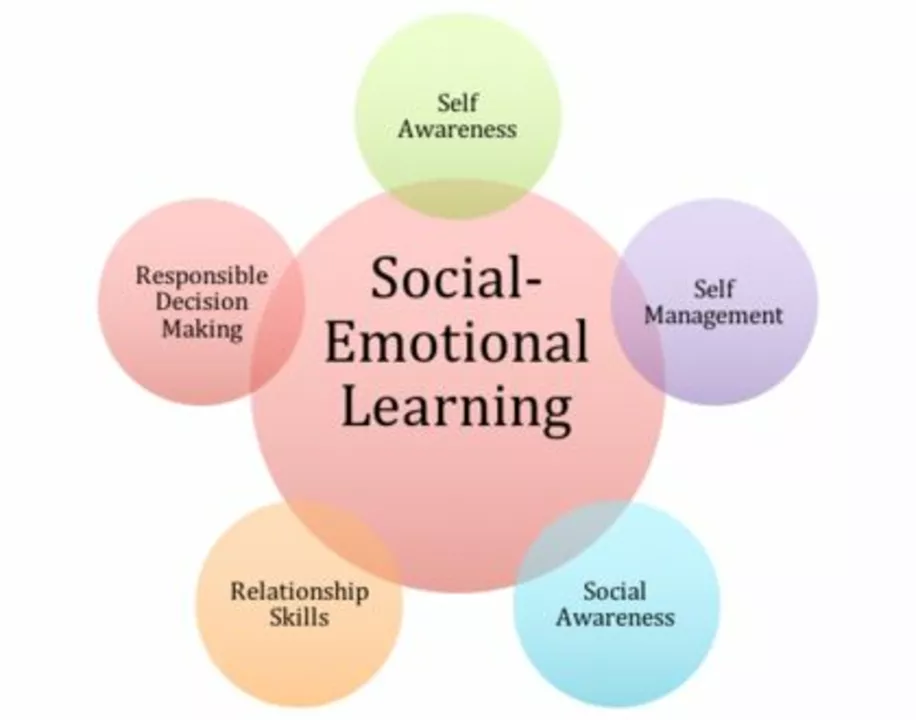Coping strategies that actually help—simple, practical, usable
Feeling overwhelmed by stress, a new diagnosis, or medication side effects? Coping isn't one big trick—it’s small, repeated moves that steady you. This page collects clear, practical strategies you can use today: calming tools for acute stress, daily habits that build resilience, and pointers on when to reach out for professional help.
Quick tools to calm your body and mind
When anxiety spikes or pain flares, use fast, repeatable tools. Try box breathing: inhale 4 counts, hold 4, exhale 4, pause 4. Do this for two minutes and notice your heart rate slow. Muscle relaxation helps too—clench a muscle group for five seconds, then release, moving from feet to face. Grounding works when thoughts race: name five things you can see, four you can touch, three you can hear, two you can smell, one you can taste.
Keep a short toolkit on your phone: a one-minute breathing track, a 3-minute guided meditation, and a contact list of two supportive people. These small habits reduce panic and make it easier to think clearly about next steps.
Daily habits that actually add up
Consistency beats perfection. Pick three simple daily habits and stick with them for two weeks: a short walk, a regular sleep time, and a reliable medication routine. If you take meds, pair them with something you already do—place pills next to your toothbrush or set a phone alarm. That lowers missed doses and reduces stress about treatment.
Move your body in ways you enjoy. Walking, gentle stretching, or simple home exercises ease tension and improve mood. Eat regular, balanced meals—low blood sugar spikes anxiety. Aim for 7–9 hours of sleep by winding down the same way each night: dim lights, no screens for 30 minutes, and a calming ritual like warm tea or reading.
Use behavioral tricks: break hard tasks into 10-minute blocks, celebrate small wins, and limit decisions in stressful times (pick three outfits for the week, plan two simple meals). This reduces decision fatigue and keeps momentum.
Connect with people. Short check-ins with a friend, a caregiver, or a support group cut isolation. If you’re dealing with a health condition, ask for practical help—rides to appointments or help picking up prescriptions can lower daily strain.
When to seek professional help: get support if coping strategies don’t help for two weeks, if you have suicidal thoughts, or if physical symptoms worsen. A doctor or therapist can adjust treatment, suggest medication changes, or recommend therapy like CBT. If medication side effects are the issue, check guides on our site about common drugs and interactions before changing anything yourself.
Small changes matter. Start with one breathing exercise, one daily habit, and one person to call. You’ll build a simple, reliable system that helps you feel more in control—step by step.

The Role of Support Groups in Managing Arrhythmias
As a blogger, I want to emphasize the importance of support groups in managing arrhythmias. These groups provide a safe space for individuals to share their experiences and provide emotional support to one another. Additionally, they offer valuable resources and educational materials to help better understand and manage the condition. Connecting with others who face similar challenges can greatly improve one's quality of life and help alleviate feelings of isolation. In conclusion, support groups play a crucial role in empowering individuals to take control of their health and foster a sense of community.
read more




